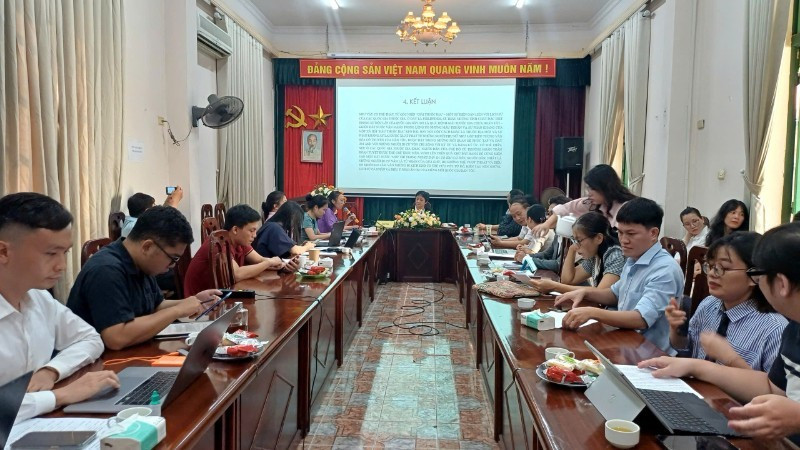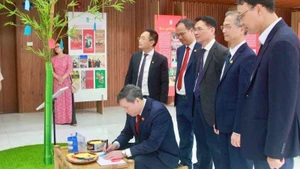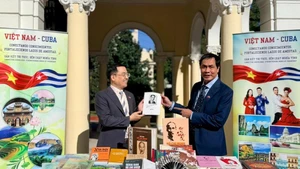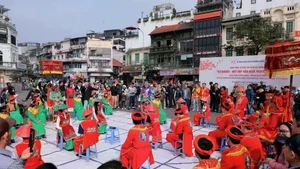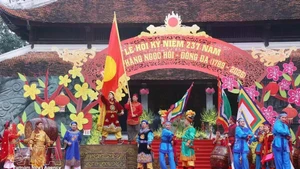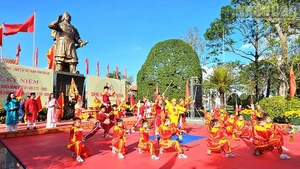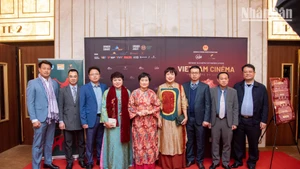The conference forms part of a national research project named “Postcolonial Southeast Asian Literature and National Metaphors” led by Assoc. Prof. Dr. Pham Phuong Chi and funded by the National Foundation for Science and Technology Development (NAFOSTED).
Dr. Chi emphasised that for Vietnamese scholars, the presence of an independent literature — free from external cultural and political domination — remains a central concern in Southeast Asian studies. Across the region, folk literature and indigenous culture have been recognised as essential foundations, shaping how external cultural forces are absorbed and transformed.
Speakers explored how classical and modern literatures in Southeast Asia often engage with external influences through creative adaptation, forging unique literary styles and national narratives.
The first session, chaired by Dr. Hoang To Mai, highlighted case studies on migration, urbanisation, and decolonisation. Notably, research on Nick Joaquin’s The Woman Who Had Two Navels portrayed the female protagonist as a transnational symbol of identity conflict and historical memory.
Other papers examined the urban landscape as a symbolic structure, challenging gender norms and personal identity in postcolonial society.
In the second session, chaired by Dr. Do Hai Ninh, panellists addressed nationalism, historical traditions, and premodern texts. Discussions ranged from legitimisation in Ly–Tran dynasty literature to early 20th-century efforts to modernise language and culture.
Through its wide thematic scope — from memory and identity to translation and interethnic comparison — the conference affirmed literature’s vital role in expressing national consciousness. It called for greater inclusion of Southeast Asian literature within global literary discourse and highlighted how shared postcolonial conditions require ongoing literary redefinition.
